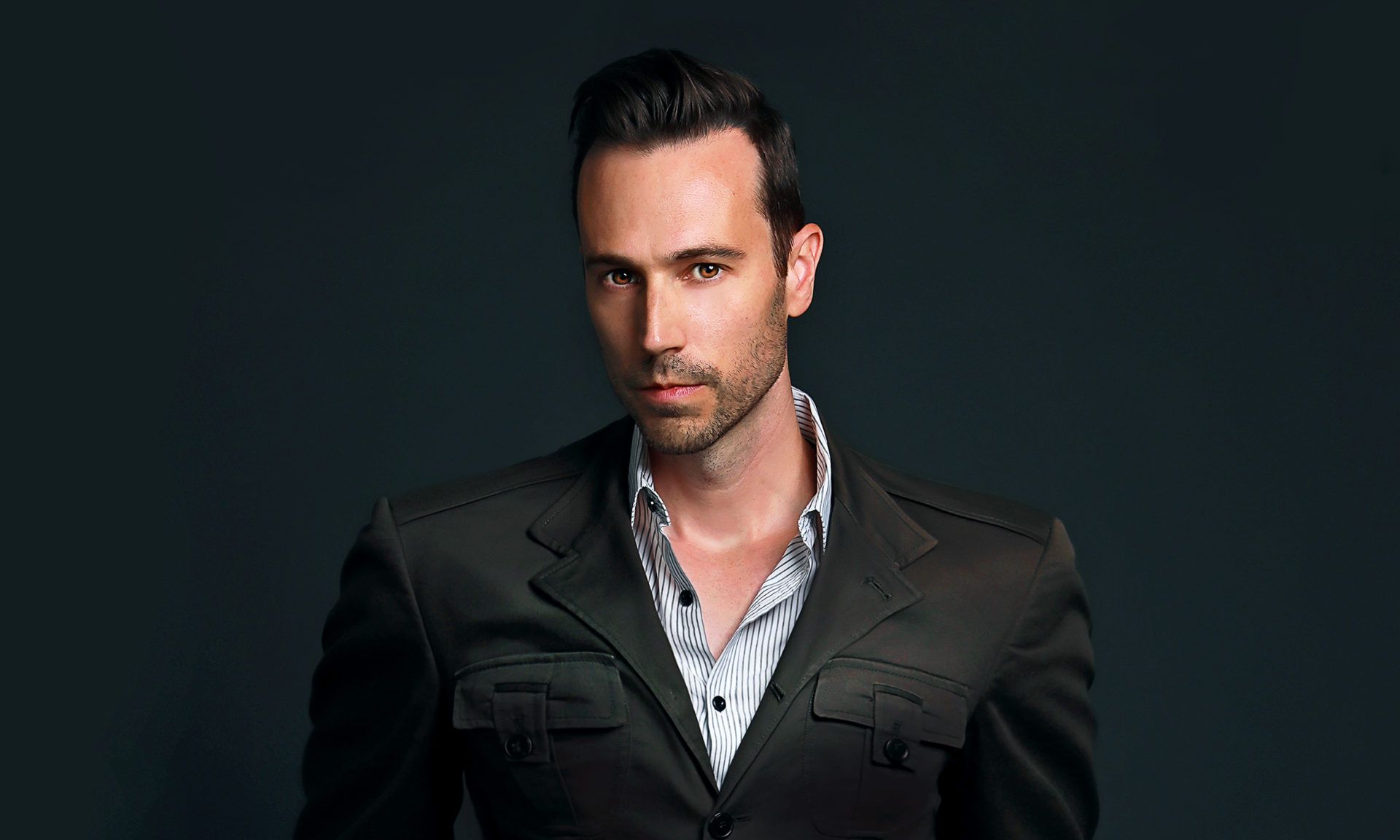Write Now with Matt Miksa
Today’s Write Now interview features Matt Miksa, a former FBI counterintelligence analyst and thriller author.
This post is only for subscribers.
Already have an account? Sign in
Subscribe to new posts